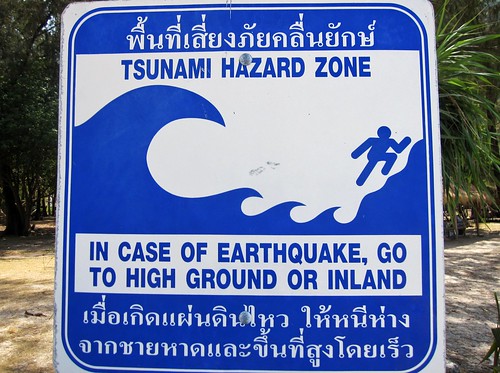Two months ago it was far away in China. One month ago it was a little bit closer, in Italy. Now it´s all over Europe, the U.S. and all around the globe. Even India with its staggering 1.3 billion people is in shut-down mode with only the most essential functions still operating: Covid-19 has invaded the planet. A tiny little virus has turned the entire world upside down!
So, what´s going on? Is this some evil plan by demonic forces? Is it a conspiracy of the pharma industry? Was the virus really manufactured by scientists as a biological weapon? Is it God´s judgment? Are we in the end-times? Or is it just a natural phenomenon that happened randomly?
As Christians, we can be assured: God is in control! At the end of the day, it doesn´t matter where the virus came from or who made what mistake that might have caused more damage than necessary. The better question is, like it should be in every disaster, how we as Christians should respond to the crisis. I think our response should be threefold: Worship, Work, Witness. Yes, "www" - we can even use the world-wide-web to do it! Let me say a few words to each of these three responses.
- WORSHIP: Remarkably, some things that seemed to be so important to many of us, are now shut down (football stadiums, concert halls, temples, even churches...). I believe God is calling us back to worship Him, independent from whether he gives or takes. We sang it in songs, didn´t we? God deserves our worship in the good days when we have an abundance of everything (health, wealth, family, job, etc.) just as much as in the difficult times when things are rough, we are getting old or loved ones die. We might not understand. We can grieve. We can and should fight, pray and fast for victory, recovery, and safety. But it would be the greatest if, in everything, we could say with Job: "Though he slay me, yet I will trust in (= worship) him!" Nothing can separate us from His love, therefore let nothing keep us from praising Him!
- WORK: Many of the frontline workers in hospitals and nursing homes are dedicated Christians, who, together with believers of other religions as well as atheists, are tirelessly serving the sick and dying, risking and often sacrificing their lives for the sake of others. Even if the virus was God´s judgment, Christians should always seek to help and serve. It was Christ´s mission, and as the Father had sent him, so he has sent us into this world. Of course, that does not only apply for doctors and nurses but to every believer in his/her circle of influence.
- WITNESS: The first two "w"s would be incomplete without this one. After all, what good is it, if a vaccine and a cure for Covid-19 are developed, everybody goes back to work/school but remains untouched in their hearts and souls? Neither CNN nor the governments of this world will call sinners to repentance. How will the lost hear of the loving Savior unless somebody tells them about him?
It is tempting for me to also focus on the plans of the enemy, as I am not unaware of his schemes (see 2. Cor. 2:11). It is not very difficult to see how the Antichristian forces are using the current events to pursue their agenda. But thoughts like these will be labeled conspiracy by the conspirators, I try therefore to focus on the positive things God is doing or wants us to do respectively. Just a few thoughts on something that C.S. Lewis is said to have written as early as in 1942:
I think what Jesus says here is a very good description of how God can use the current crisis for good. I also agree that the enemy would like to promote anxiety, fear, and panic - the opposites of peace, faith, and trust. Satan always comes to steal, destroy and to kill. I don´t think, however, that he has any interest in shutting down businesses, schools, sports events, and even churches, as these have become idols for many that have replaced true worship of the living God, the creator of all things. It seems more plausible to me that Jesus did the former (closing of places, financial turmoil) to bring about the latter (restoration of families, etc.)! So, maybe Covid-19 is really what we prayed for when we asked the Lord for revival!?
See also God´s sovereignty in natural disasters, accidents and terrorist attacks



.jpg)